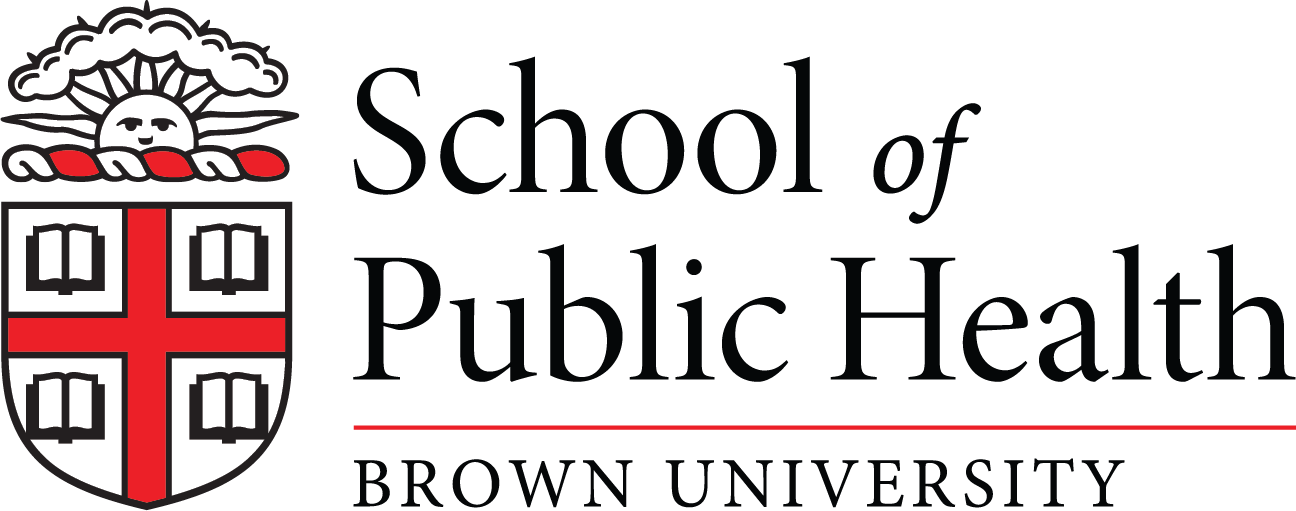
information futures lab
where ideas and evidence meet policy and practice
Our lab is where technology, innovation, policy and community meet, one pilot at a time.
The latest from the IFL
New Civic Information Index offers crucial insight into civic health in the US
The pioneering data tool monitors the health of local information and civic ecosystems across the country
New IFL Data Analysis Shows Urgent Need to Better Communicate the Health Impact of Climate Change
A new report from the Information Futures Lab at Brown University’s School of Public Health reveals that only 3.1% of online climate change content mentions health impacts. Analyzing 2.4 million posts, it highlights a major gap in public discourse and the potential of health-focused communication to drive climate action.
What we do
We transform information spaces.
Bad information harms people, economies and democracies. Quick fixes won’t solve the problem. We envision a different future for our information spaces, habits, institutions and culture.
We empower those who prevent misinformation and build trust.
We provide resources, skills and knowledge to help organizations, communities and leaders build trust and mitigate misinformation.
We drive collaboration.
Complex challenges need collaborative problem- solving. We connect researchers across disciplines and thinkers with doers. We connect funders with innovators and change-agents with peers.
We think globally.
Up to this point, most of what we know about the way trust and information work is based on research done in the United States. IFL’s worldwide network of collaborators ensures that different cultural, historical, political and religious contexts are taken into account.
We examine more than just the social networks.
Platforms are only one part of the crisis. IFL acknowledges that information travels through many channels, and that all information touchpoints matter, online or offline.
We are multidisciplinary.
IFL works with those in academia, public health, newsrooms, community-based organizations, libraries, schools, government agencies and technology companies.
We think in years, not months.
IFL is dedicated to constant testing to measure the impact of confusing, low-quality or absent information, and discover what provides long-term protection and healthy information spaces.
hear our stories
Rebuilding Information Trust: An interview with Professor Stefanie Friedhoff
Professor Stefanie Friedhoff and Evelyn Peréz-Verdía of We Are Más talk to Megan Hall, host of the Humans in Public Health podcast, about information inequities, how the information crisis is impacting communities, and how working with trusted messengers can make a difference.
The COVID-19 Misinformation Intervention Literature Review
50 papers, 119 interventions, but little consensus
Misleading health and its impact on people and communities remain an urgent issue across the world. To identify what works and what doesn’t when responding to false and misleading health information, our team of researchers at the Information Futures Lab reviewed the evidence on COVID-19 misinformation interventions fielded during the pandemic. What we found surprised us! You can read more about our findings in Health Affairs — and on covidmisinforesearch.org, an easily accessible website we created to share results, visualizations, and recommendations for funders, researchers and practitioners. On the website, we also share responses to this important study from the research community, and what’s next as we work collectively to generate more actionable evidence on effective responses to misleading health information.
Sign up for updates and news as we embark on this important mission.
